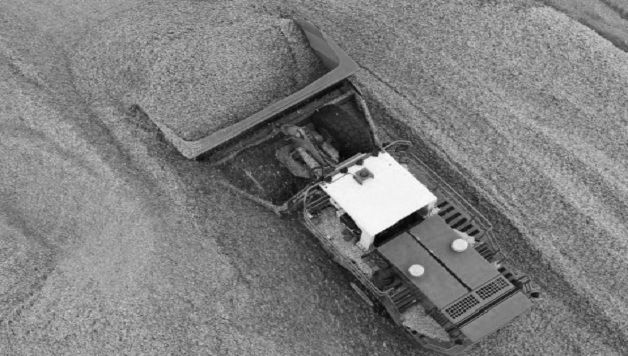On 18 October 2013, the Federal Court imposed pecuniary penalties of $2 million against Koyo Australia Pty Ltd, a supplier of ball bearings, for engaging in cartel conduct.
As outlined in our previous post, Koyo cooperated with the ACCC in the proceedings and admitted it had made an arrangement with the purpose, effect or likely effect of fixing, controlling or maintaining the price of ball bearings sold to after-market customers in Australia.
The parties also agreed and submitted to the Court that $2 million would be an appropriate penalty. The Court endorsed this penalty, finding it to be within the permissible range. In doing so, the Court considered the “French Factors” outlined in TPC v CSR Ltd (1991) ATPR 41-076, including:
- The amount of loss or damage – while it couldn’t know whether Koyo would have unilaterally increased the sale prices for bearings in the absence of the agreement, the Court considered that the price increases were not insignificant.
- The size of the contravener – Koyo’s Australian sales revenue from ball bearings was between $20m and $30m during the period of the conduct. The percentage of sales of ball bearing products to after-market customers was between 22% and 37%.
- Circumstances in which the conduct took place – these arrangements were made during regular meetings of competitors, which were convened as part of a long-standing practice of exchanging confidential sales information.
- Participation of senior management – the Managing Director of Koyo was involved in making these arrangements.
- Cooperation – while the Court did not discuss the size of the cooperation discount given to Koyo, it noted that Koyo deserved “real credit” for having admitted to contravening the Act and having approached the ACCC by its own volition. The Court considered that the discount for Koyo’s cooperation should be meaningful to encourage cooperation in other cartel investigations.
Although the Court found Koyo to have contravened section 44ZZRK by giving effect to the cartel arrangements after 29 July 2009, the bulk of the conduct occurred prior to this date. In imposing the $2m penalty, the Court did not refer to the new penalty regime that came into effect in July 2009. Under the new penalty regime, the maximum penalty is the greater of $10 million or three times the gain from the contravention (or where the gain cannot be ascertained, 10% of the company’s annual turnover).
While this case did little to shed light on the application of the new penalty regime, the ACCC has a number of other cartel prosecutions under way. It remains to be seen whether one of these cases could set the ball rolling on higher penalties for cartel conduct in Australia








